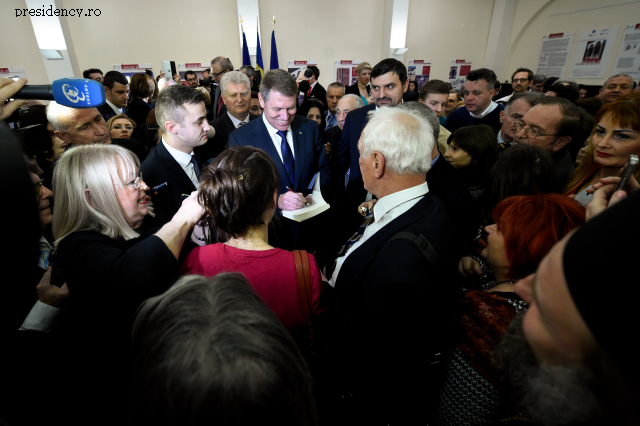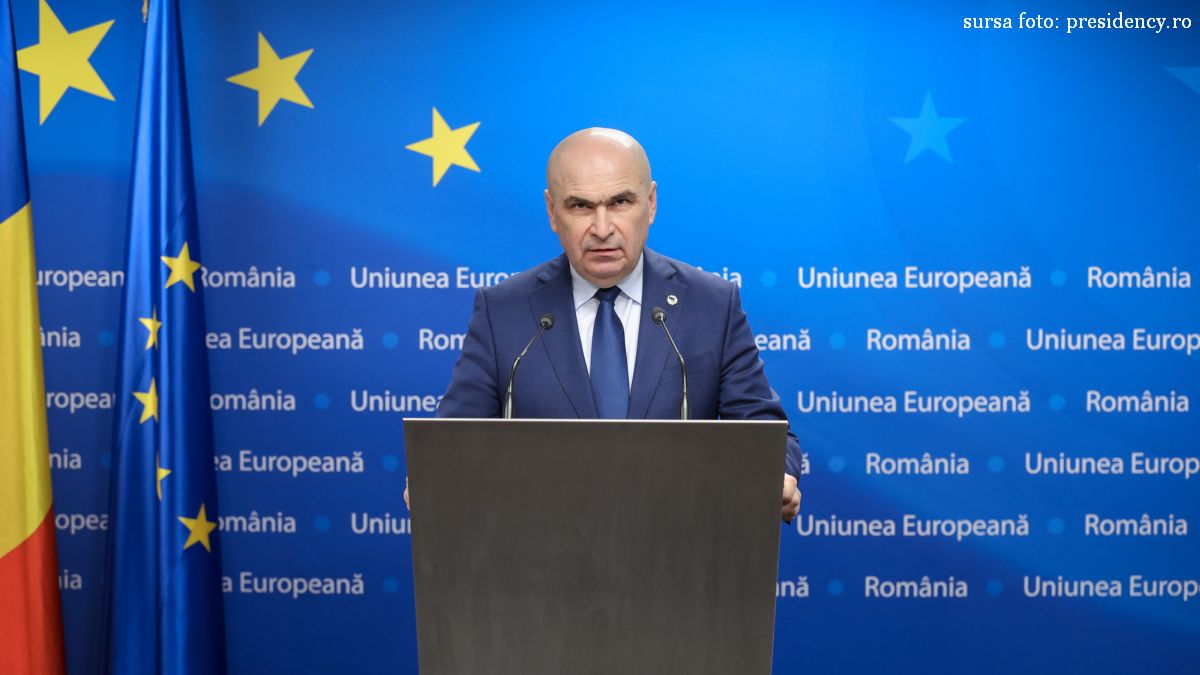The Romanian community abroad
The problems facing the Romanians living abroad are a top concern for the presidents office and Parliament.

Valentin Țigău, 02.03.2015, 13:53
The situation of the Romanians abroad is again in the spotlight of the Romanian public, only months after the presidential elections in November 2014. The president’s website carries a new organisational structure of the president’s office which for the first time contains a dedicated department to deal with the problems of the Romanian communities abroad.
In a message posted on a social networking site, president Klaus Iohannis says that during his term in office, he wishes to pursue a foreign policy that is close to the Romanian citizens: “I would like”, he writes, “that, wherever they may live, Romanian citizens be proud of how they are represented abroad and the consolidation of the relationship with the other states to have a positive impact on their everyday lives.”
The major problems facing the Romanian community abroad were also discussed during the president’s trip to Germany last week.
Another important topic discussed, which concerns all Romanians, was Romania’s entry into the passport-free Schengen Area. The leader of the German Democratic Forum in Romania, Paul-Jurgen Porr, who accompanied Klaus Iohannis on his trip to Berlin, believes Romania may partially join Schegen by first opening its air and river borders by the end of the year. He said the German chancellor Angela Merkel supports Romania’s Schengen accession. Paul-Jurgen Porr:
“President Iohannis was very straightforward about our bid to join the Schengen Area and we have Ms Merkel’s promise that she would be an advocate of Romania in this regard, because this is not a matter for the German government alone, but one that involves the entire European community.”
Also last week, a Romanian parliamentary delegation met the representatives of Romanian associations in Spain. Some of the issues raised include the reduction of consular fees, healthcare insurance, the repatriation of the bodies of Romanians who died abroad and the introduction of postal voting. Spain is home to more than 700,000 Romanians, but statistics show that 30% of them are struggling with unemployment and the effects of the economic crisis.
Speaking recently, president Klaus Iohannis said the emigration of skilled Romanians was a loss for the country and the only way to halt this phenomenon was by fostering sustainable economic development. Klaus Iohannis also believes Romania is a much better place than it is perceived in the world. “We politicians”, said the president, “have to work harder, together with the people who voted for us, to create an image deserving the country we wish to have.”






























